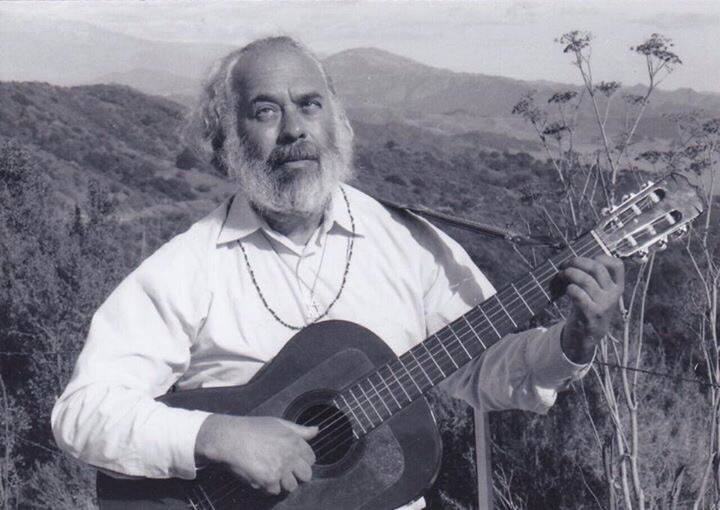LONG BEFORE he became a full-time journalist and the director of the Center for East Policy Research, David Bedein was a social worker and community organizer, in which capacity he worked with Shlomo Carlebach on several projects. Bedein was a 10-year-old schoolboy when he first met Carlebach.
“Our Hebrew school teacher in Philadelphia brought him to sing for our fifth-grade class.
“The teacher had more than singing on his mind. Our teacher had become a devotee of Chabad-Lubavitch and was concerned that we did not know much about Judaism. We had a special request: Christmas was coming, and every year we were forced to sing Christmas carols in public school. We wanted to learn some Jewish songs. (All we knew was ‘Hava Nagila’ and ‘Zum Gali Gali.’)
“So he brought in Shlomo Carlebach to teach us. We learned some beautiful songs: ‘Borchi Nafshi,’ ‘Vechulam Mekablim,’ ‘Essa Einai’…. But more than that, Shlomo infused us with spirit – the spirit to sing with our soul.“Over the years, I got to know Shlomo in many different contexts. When I worked with youth, he would often join me for activities.
“Shortly before he died, Shlomo spent Shabbat in Efrat, where we live. I brought my then-12-year-old son, Noam, to meet him. Noam asked Shlomo if he would be the cantor when Noam became bar mitzvah – one month hence. Shlomo happily agreed. At that moment, it occurred to me: in my 34 years of knowing Shlomo, I had never asked him how he came to do his work.
“Here is the answer, perhaps the last interview Shlomo ever gave.
“After World War II, Shlomo’s father brought him to a DP camp. Someone had built an improvised sukkah for people from the DP camps who had survived the concentration camps. It was a very exciting week of Sukkot. During that holiday, a man stood outside, screaming at the sukkah, even throwing rocks, very upset about what was going on.
“At the end of Sukkot, Shlomo approached the distressed man and asked: Why didn’t you come in? He said that he stood outside the sukkah because no one asked him to come in.
“Shlomo said that he understood, that he had learned a lesson that he would carry with him for his entire life. The lesson was: do not be like Job, who was known for his hospitality but who waited for people to come to him. Instead, be like Abraham – sit outside of the tent and invite people in. And that is how Shlomo learned his first outreach lesson. Unless you invite people to come in, they will stay away. That distressed man in the DP camp helped Shlomo start his career, which became a legacy.
“Shlomo would not make it to Noam’s bar mitzvah. I once asked my son what he remembered from that encounter. The answer: ‘He kissed me on my forehead. I never forgot that.’”
Carlebach’s birthday marked
■ LAST WEEKEND, the 100th anniversary of Carlebach’s birth was marked in synagogues around the globeIn Jerusalem, guest cantor Ari Greene led the services on Friday night and Saturday morning at Hazvi Yisrael Synagogue in Talbiyeh, and poured his soul into singing Carlebach melodies.









